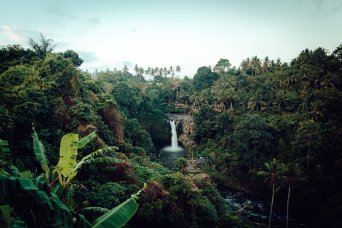- About
- Topics
- Picks
- Audio
- Story
- In-Depth
- Opinion
- News
- Donate
- Signup for our newsletterOur Editors' Best Picks.Send
Read, Debate: Engage.
| topic: | Election |
|---|---|
| located: | Brazil |
| editor: | Ellen Nemitz |
President Luiz Inácio Lula da Silva and his Vice President Geraldo Alckmin made history by being sworn in on January first in a historical inauguration full of deeply meaningful moments. The delivery of the presidential sash was perhaps the most significant act as it was handed to Lula from the hands of a black and feminist woman who works collecting trash to be recycled after she walked side by side with a person with disability, a black child from a poor region of São Paulo, the indigenous activist Cacique Raoni, an industrial worker, a teacher son of a peasant woman, a cook, an artisan and Lula's dog, named Resistência (Resistance, in English).
The administration, however, is not a task for two men by themselves, but also for a group of ministers and other professionals who will run the country under the agenda that led them to win the elections. In the environmental field, the expectations could not be better. The environmentalist and former minister Marina Silva has been chosen to lead this bureau - a decision highly celebrated among those who wanted a greener administration.
Silva declared, right after being sworn into office, that there will be new positions to ensure that climate action, sustainable development and traditional peoples’ rights and knowledge will be prioritised within the next four years. "We are going to recover environmental governance and strengthen public policies," Silva stated.
Indeed, during the inauguration ceremony and on the first work day, a series of measures were already enacted to protect forests and guarantee the fulfilment of promises. Silva affirms that other important reforms are planned for the first 100 days.
Likewise, Sonia Guajajara’s inauguration as the first Minister for the Indigenous People's Affairs served as a symbol of how committed Lula and Alckmin's administration will be with the environment. The new department started with at least two progressive actions: Guajajara tweeted on Monday morning that a decree which permitted illegal mining on indigenous lands was revoked and Funai, formerly the Foundation of Indians (an incorrect way of calling these ethnicities) was renamed as the National Indigenous Peoples Foundation.
This institution has gained more than just a new name: Joenia Wapichana, formerly an indigenous deputy, is now in charge of restructuring an organisation that, according to her, had been "dismantled and forgotten" over the past four years. In addition, other indigenous figures will similarly take important roles in the government.
During his first speech as president, Lula addressed the environmental matters, together with the equally important social issues, with due respect, committing to a climate action that targets zero deforestation and greenhouse gas emissions.
"This is one of the reasons, not the only one, for the creation of the Ministry of Indigenous Peoples. No one knows our forests better or is more effective in defending them than those who have been here since immemorial times. We will revoke all injustices committed against indigenous peoples," he affirmed.
Photo by Nate Johnston

